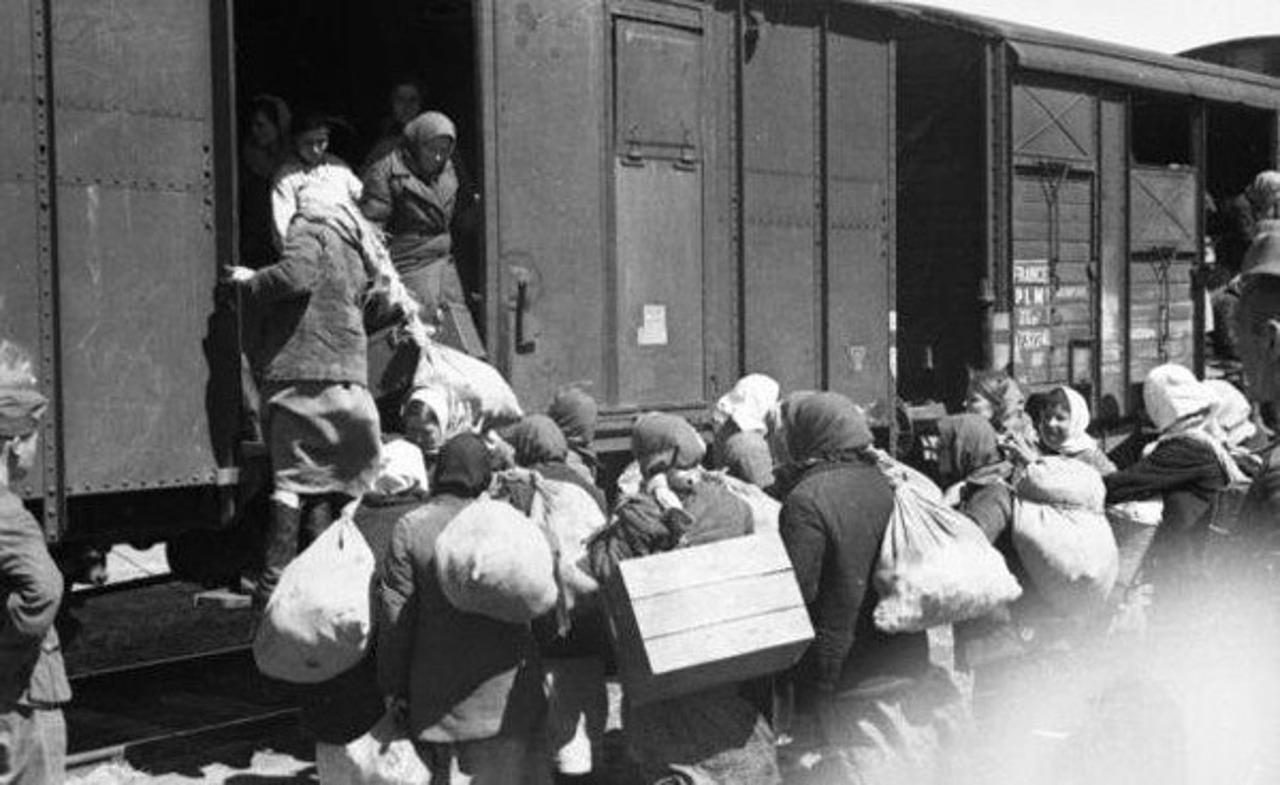
Stalinist Deportations in Bessarabia // Moldovan historian says those who cared most about language, history were deported to Siberia, Kazakhstan
Over 22,000 people from Bessarabia in June 1941 were torn from their homes and sent to Siberia and Kazakhstan, in one of the most violent episodes of the Soviet occupation. Intellectuals, officials, priests and wealthy peasants became 'enemies of the people' just for thinking freely, owning land or speaking Romanian. Historian Artur Lescu from WatchDog civil society community describes these deportations as a form of slow extermination, aimed at erasing every trace of national identity.
‘’The first to be deported were 22,000 people: intellectuals, landowners, mayors, teachers, students, small merchants. The goal was to make the Sovietization process of the newly occupied territory as swift as possible. To erase any memory that the territory between the Prut and the Dniester was an inalienable part of another state.’’
‘’If they could, the Soviet power would wipe out all the inhabitants of Bessarabia, bringing new people here. This is the essence of totalitarianism, creating enemies and the eternal fight against these imaginary enemies. Here, in Bessarabia, the intellectuals were the first to be listed as enemies.’’
According to the historian, ‘’the essence of totalitarianism is the perpetual creation of imaginary enemies.’’ In Bessarabia, the Soviet regime first found them among intellectuals, then among peasants who refused collectivization.
Lescu points out that for Bessarabia, the end of the Second World War did not mean peace, but the beginning of a series of tragedies: the organized famine of 1946, the waves of deportations in 1949 and 1951 and the constant terror against the population.
Patriot center to be directly subordinated to Moldova's president
Moldova to join Global Platform for Access to Childhood Cancer Medicines
Moldova's cybersecurity to be strengthened with EU's support
Moldovan PM says Soviet deportations brought suffering, but did not take away people's dignity
Superior Council of Prosecutors announces competition for position of Moldova's Prosecutor General
Unusual seizure at Chisinau Airport: crocodile skins found in passenger's luggage
Eurojust operation: international crime ring specialized in money laundering dismantled; among victims companies from Romania
Moldova strengthens regional cooperation in hydrometeorology
Environment Day in Edineț// Environment minister: Moldova can only prosper with clean environment
Liaison prosecutor of Moldova to Eurojust to be selected based on competition organized by Superior Council of Prosecutors
Moldovan Prime Minister in dialogue with Austrian counterpart
ANRE to set up uniform gas distribution tariffs throughout country
Parliament approved reorganization of central administration
Freestyle wrestler Irina Terzi becomes European Vice-Champion
More schools in Moldovan capital receive new computers
President: EU integration only guarantee for Moldova’s security and economic development
Moldovan authorities urge citizens to avoid any travel to Israel
PHOTO GALLERY // Blood Donors - Community Heroes
Moldova strengthens European path: Discussions in Brussels with Lithuanian officials
European safety standards for passenger ships to be implemented in Moldova
World Blood Donor Day // Speaker calls for solidarity
Sixteen more judges passed external evaluation
Ethnographer Varvara Buzilă winner of Europa Nostra Awards 2025
Moldovan president says Equality Council exceeds authority by issuing opinion on name of History of the Romanians discipline
Over 700 companies received energy compensation



